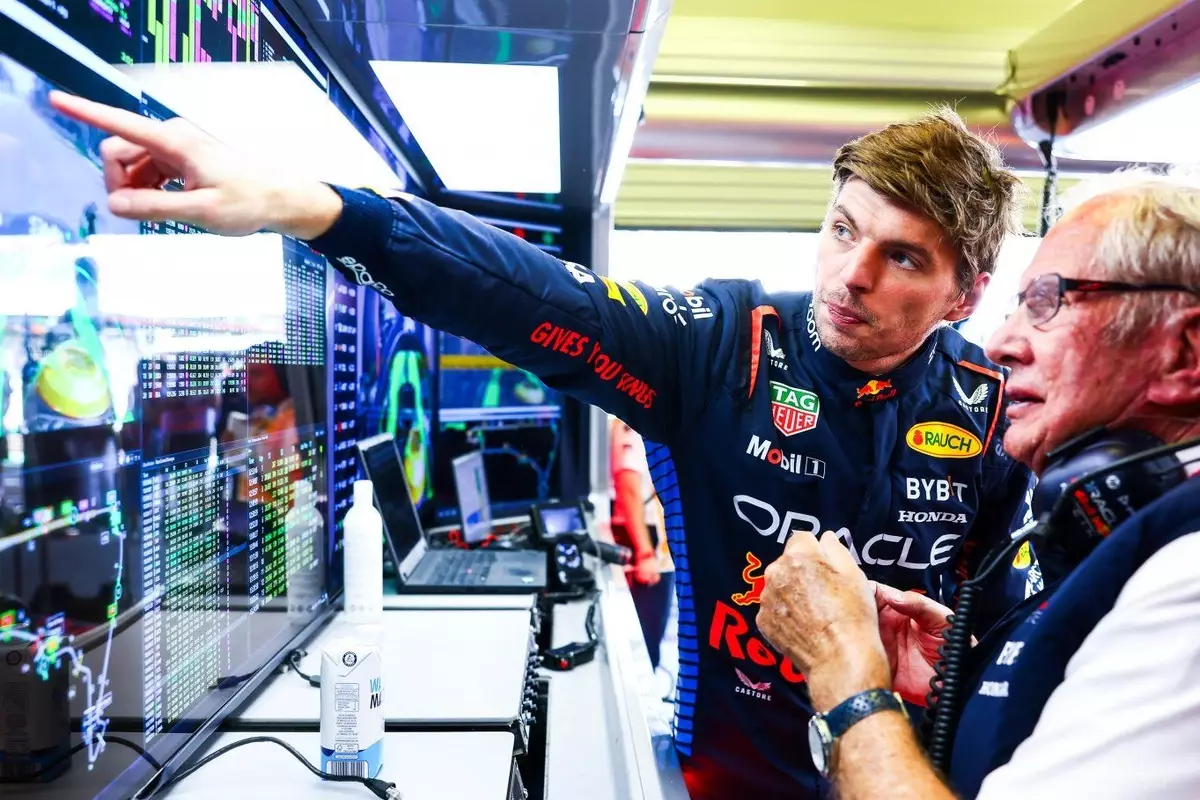As the world of Formula 1 evolves, teams are continually learning from previous seasons to remain competitive. For Red Bull Racing, the lesson drawn from their performance in the 2023 season is significant. Despite the team finishing third in the Constructors‘ Championship behind McLaren and Ferrari, Max Verstappen managed to clinch the Drivers‘ Championship title. This juxtaposition illustrates that while individual brilliance can secure titles, overall team performance is vital for championship success. The team’s unique challenges throughout the season, particularly after losing their early-season advantage, indicate that enhancing car balance rather than merely maximizing downforce is the key to future contests.
In the realm of motorsport, the emphasis has traditionally been on achieving maximum downforce. This translates to the ability to generate high-speed cornering capabilities, allowing cars to navigate circuits more effectively. However, Helmut Marko, Red Bull’s motorsport advisor, now asserts that the focus needs to shift towards developing vehicles that are more adaptable in varying conditions, particularly in temperature changes. His candid admission that the RB21 requires a “wider working window” indicates a shift in philosophy aimed at providing drivers with predictable handling characteristics. The ability to maintain balance, even when external conditions fluctuate, can inspire confidence in drivers, allowing them to push their limits consistently.
Looking ahead to the 2025 season, Red Bull is acutely aware that maintaining a competitive edge will grow increasingly difficult. The introduction of new regulations often leads to a wide disparity among teams; however, the stability of current regulations means that teams are likely to develop similar concepts. Marko recognizes this reality, stating that competitors will grow closer in performance as they adopt successful strategies from one another. This trend necessitates a further push for innovation and adaptability, qualities that Red Bull aims to foster in the upcoming season.
Another dimension to Red Bull’s strategy is their focus on accommodating the unique driving style of their star driver, Max Verstappen. With speculations surrounding the future of current team member Sergio Perez, Marko has made it clear that car development will prioritize Verstappen’s preferences. This strategic alignment with their most skilled driver not only strengthens the team’s chances for success but highlights the intricate balance between driver needs and engineering objectives. By ensuring that the car communicates effectively with Verstappen’s driving style, Red Bull aims to enhance performance and maintain his loyalty to the team.
The Road Ahead: Setting Expectations
As Red Bull moves toward announcing its driver lineup for 2025, anticipation is building. The decisions made in the coming days will set the tone for the team’s performance next year. With several departures altering team dynamics, communicating confidence and unity will be crucial. Marko’s reassurance about their capacity to provide Verstappen with a race-winning car is essential in motivating both the drivers and the engineering team. Furthermore, his acknowledgment of the challenges that lie ahead underscores a commitment to continuous improvement and excellence.
Red Bull Racing’s plans for the 2025 season signify a strategic pivot away from the conventional focus on downforce, opting instead for a balanced approach that emphasizes car adaptability and driver integration. Their experience in the 2023 season has informed this mindset, positioning them well to tackle the challenges of an increasingly competitive field in Formula 1. As they prepare for the upcoming season, their commitment to enhancing vehicle balance, understanding driver needs, and embracing innovation will be critical as they aim for championship glory once again. This proactive stance will not only dictate their performance on track but also significantly influence the trajectory of their Formula 1 legacy in the years to come.


Napsat komentář